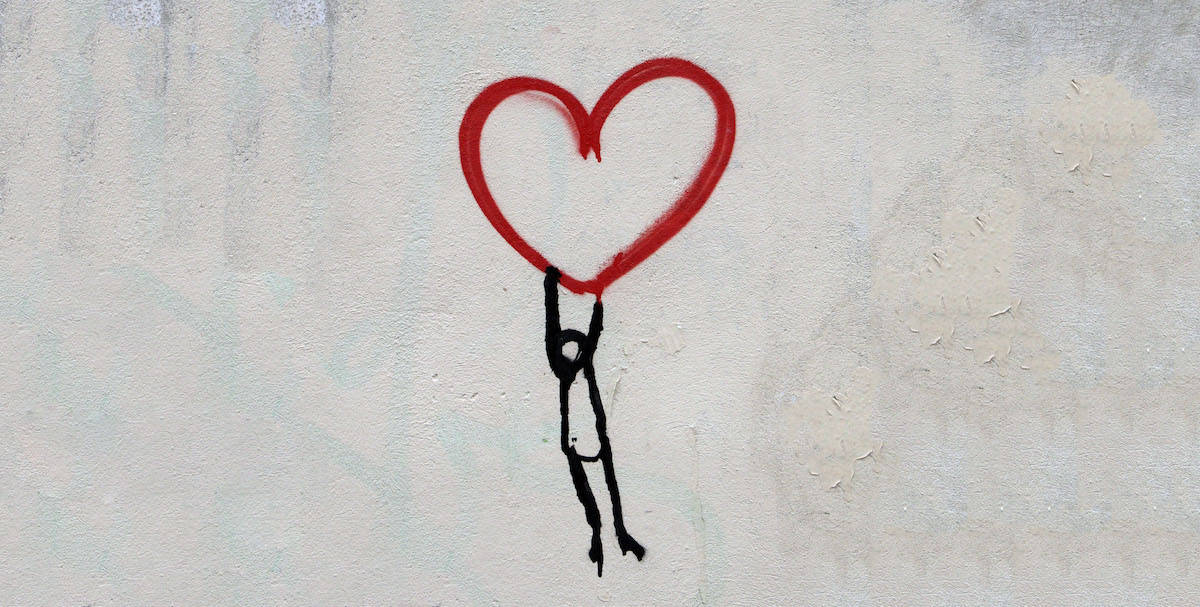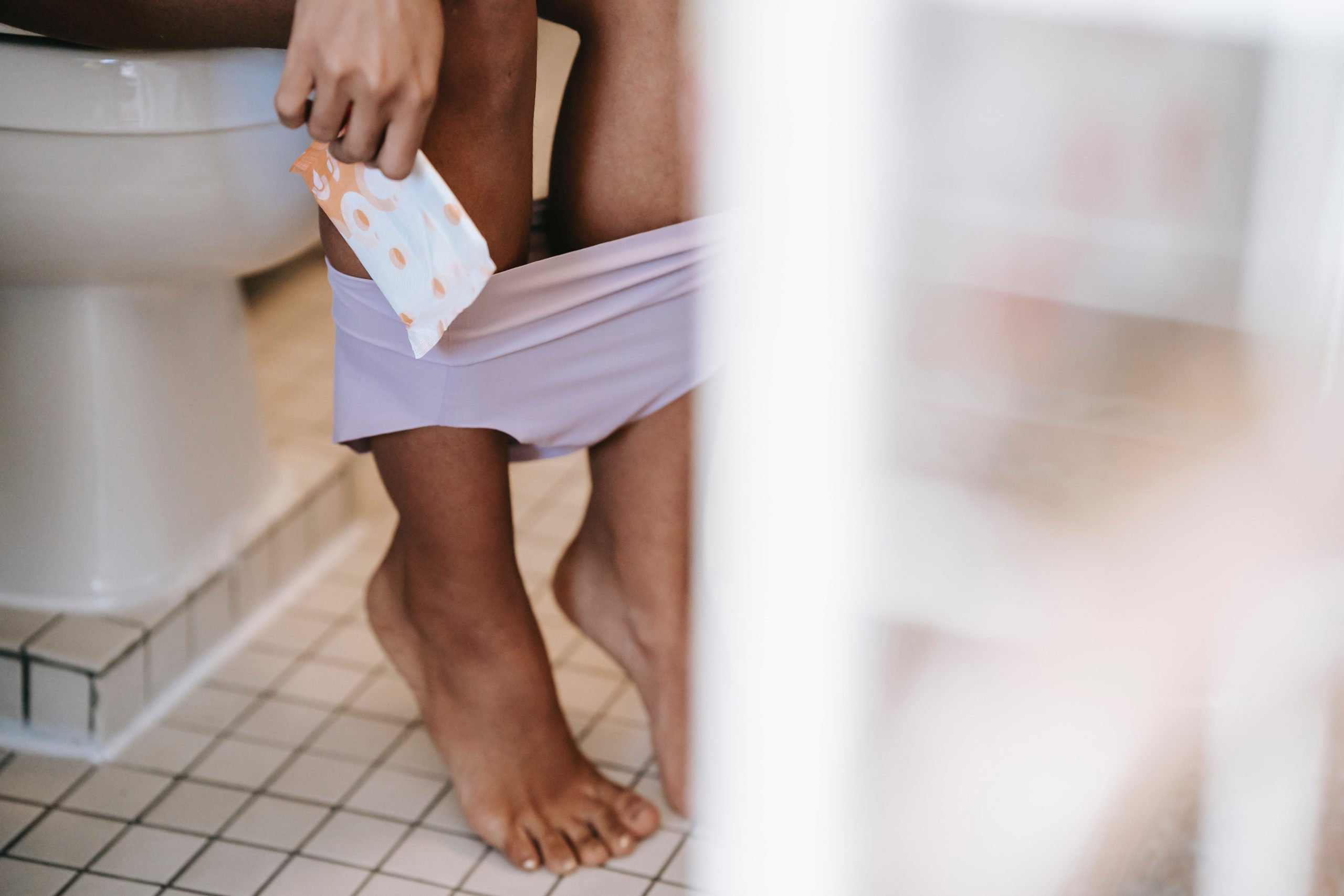Home > Emotional wellbeing > Mental health > Self-Compassion and Taking a Day To Yourself


“When admiring other people’s gardens, don’t forget to tend to your own flowers.” – Sanober Khan
We are surrounded by media. Pictures, articles, websites, books, podcasts and videos; all of which push us to practice self-care and compassion towards yourself and to nurture our spiritualties, our creativity, our mental health and our bodies.
We look for ways to incorporate these ideas and practices into our routines. Something nice a day, a treat every week, a reward every month.
And yet, we live in a busy world. Social, professional and emotional responsibilities that means we don’t always take time to do with our lives what we actually want to do.
Yes, we can give ourselves an hour here and there, the morning, the evening, an extended lunch break of course, to bring in some joy and light into a usual monotonous day, but why do we set and accept such limitations. Why constrict joy and compassion to a spare hour when you squeeze it in and, let’s face it, distracted as you are by everything else you have to do?
An entire day, whenever one is free to you, only for you.
Don’t check emails, don’t make plans with other people, don’t even talk to other people.
Spend the day, every little minute of it, exactly how you want to.
We make an effort to devote ourselves to other people.
It’s polite and an accepted ritual that comes with having loved ones. We designate an afternoon to see our friend, a weekend with our sister, a week with our parents.
Such plans are often ironclad, unmoveable, permanent. We go and we spend the time with them and there is little that would make us cancel such plans.
Why do we only give ourselves whatever spare time we have at the end of a long day or week? Why do we resist putting ourselves first and dedicating a chunk of time to spend alone?
In her book ‘The Artists Way’, Julia Cameron writes:
“Recognise this resistance as a fear of intimacy – self intimacy.”
By spending time alone, we might realise all the ways we have been neglecting ourselves. And this might be a truth we want to avoid facing.
Being confronted with our failings is an unpleasant experience for everyone, why wouldn’t we avoid it? And though we might not necessarily realise it, we often do, in fact, fail ourselves.
When thinking about this the word neglect comes into mind. Neglect (as a verb) is defined as “to pay no attention or too little attention to; disregard or slight”. Are we neglecting ourselves?
Perhaps we don’t eat the right food, get enough sleep, look after our bodies. Perhaps we don’t let ourselves relax or make mistakes, perhaps we refuse to allow ourselves to enjoy pleasures that we deem childish, letting guilt manifest when we do.
But there is much to be gained from facing our faults. Cameron follows on to say:
“It is probable that these self-disclosures, frightening though they are, will lead to the building of a real relationship, one in which the participants are free to be who they are and to become what they wish.”
The idea is that only by facing our failings and fears, recognising where we need to improve our relationship with ourselves, can we really become who we are and who we want to be. Otherwise, how can you know?
Kristen Neff Ph.D. is a leading expert on self-compassion, and amongst her works and research on the topic, and offering insights and tips into practicing self-compassion, she emphasises that self-compassion is not the same as self-indulgence or pity.
“Self-compassion is a way of emotionally recharging our batteries. Rather than becoming drained by helping others, self-compassion allows us to fill up our internal reserves, so that we have more to give to those who need us.”
This quote may strike a cord as this is essentially the idea behind our name Selfish Darling, you need to be Selfish in order to be a Darling to others!
It’s a common occurrence to speak to a person who tells you about their social media detox. Spending a day without their phone, without the consistent distraction or negativity often offered by the media. A day to yourself is taking that detox one step further. Giving yourself time to breath, to think and reconnect, without the constant nagging in the back of your mind that the hour is running late, or you have someone to meet in the afternoon. When the days is yours, it’s really yours. To do with what you will.
Whether thats spending it at home to research or taking yourself out on a date. Relaxing or exploring.
The change is notable. A feeling of fulfilment or contentment that came from you, not supplied by somebody else.
When a free day comes around (there might be many of them right now) don’t fill it with appointments or commitments, let be yours and yours alone to do with whatever on earth you want.

-


Dr Singh is the Medical Director of the Indiana Sleep Center. His research and clinical practice focuses on the myriad of sleep.

What are PMS and PMDD? Whether you’ve just started your period or have had it for years, you’ve probably experienced some physical symptoms and mood changes before it began. While you may have heard of PMS, most likely not in

Your period: The lowdown When it comes to menstruation, there aren’t different period stages, because your period is actually a part of the follicular phase. If you’re confused, don’t worry; we’ll explain more. For many women, the wording is where

What is hormonal imbalance? It is a simple way to say that your hormone levels are significantly higher or lower than what is expected for your age and the time of testing. Keep in mind that it is not a
Hormona© 2025, All Rights Reserved
Privacy Overview
| Cookie | Duration | Description |
|---|---|---|
| cookielawinfo-checkbox-analytics | 11 months | This cookie is set by GDPR Cookie Consent plugin. The cookie is used to store the user consent for the cookies in the category "Analytics". |
| cookielawinfo-checkbox-functional | 11 months | The cookie is set by GDPR cookie consent to record the user consent for the cookies in the category "Functional". |
| cookielawinfo-checkbox-necessary | 11 months | This cookie is set by GDPR Cookie Consent plugin. The cookies is used to store the user consent for the cookies in the category "Necessary". |
| cookielawinfo-checkbox-others | 11 months | This cookie is set by GDPR Cookie Consent plugin. The cookie is used to store the user consent for the cookies in the category "Other. |
| cookielawinfo-checkbox-performance | 11 months | This cookie is set by GDPR Cookie Consent plugin. The cookie is used to store the user consent for the cookies in the category "Performance". |
| viewed_cookie_policy | 11 months | The cookie is set by the GDPR Cookie Consent plugin and is used to store whether or not user has consented to the use of cookies. It does not store any personal data. |
